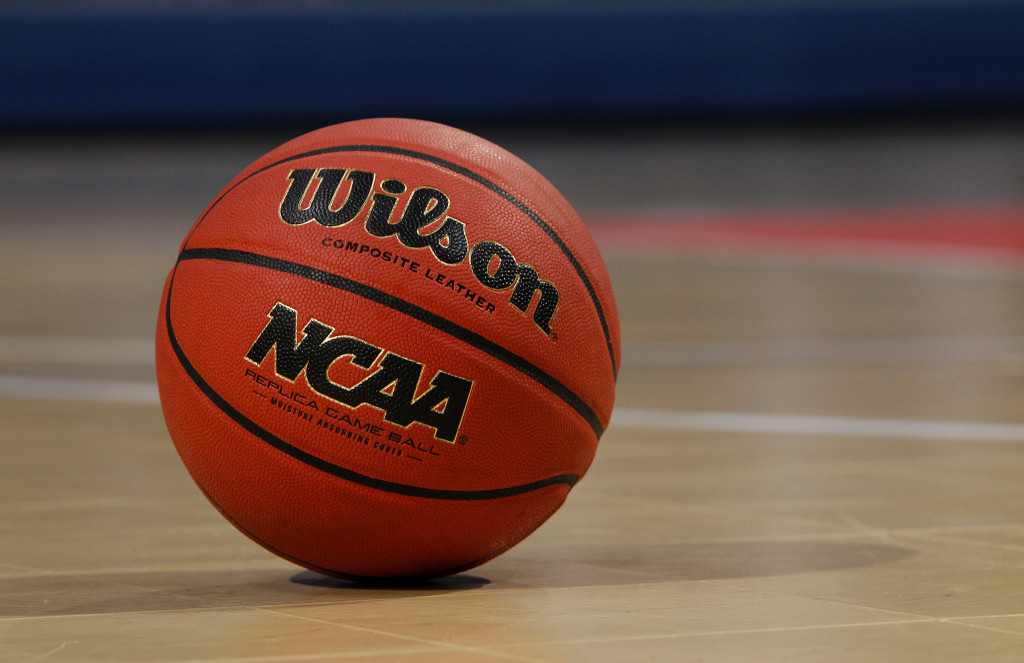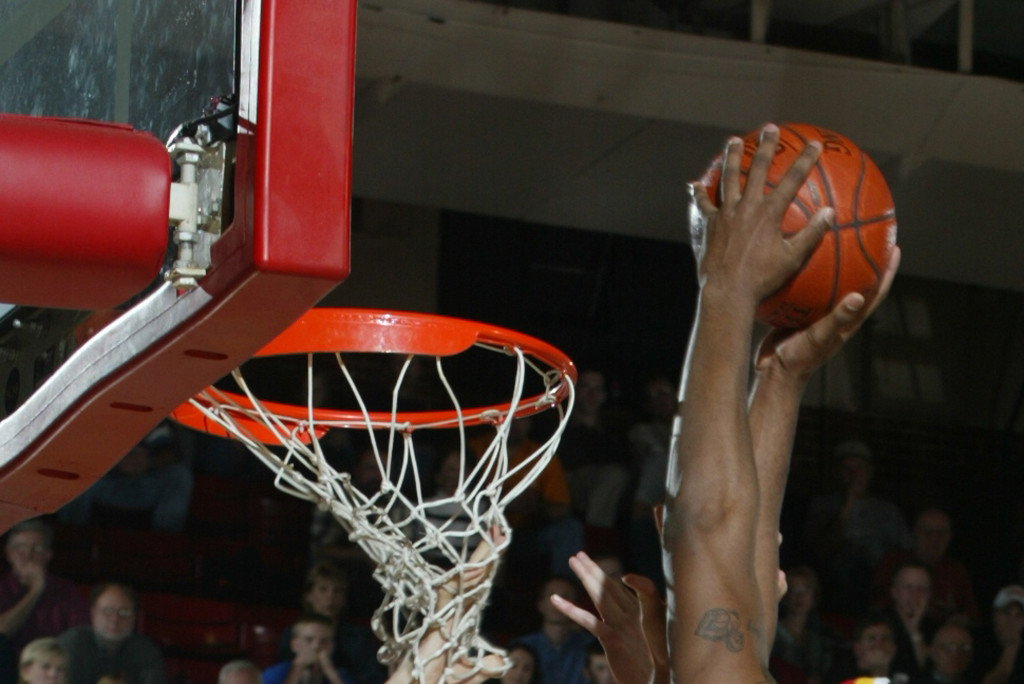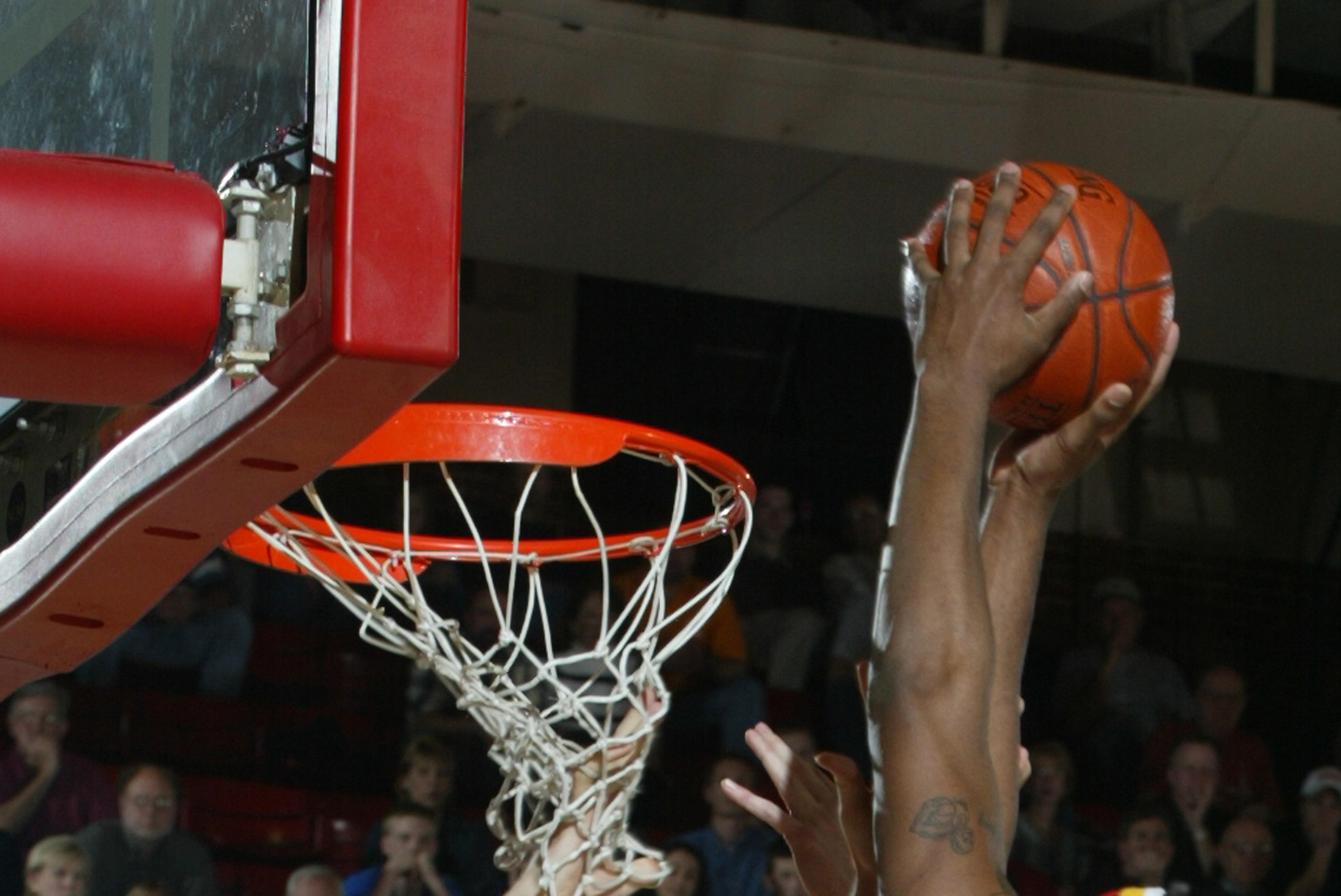NCAA Lawsuit Asks, Should Student-Athletes Be Paid?

June 20, 2013
Share
It’s hard to understate the potential impact of the lawsuit against the NCAA that is currently moving its way through federal court in California. Some experts have called the case a “game-changer.” Others have gone further, predicting the suit could “result in the extinction of the powerful NCAA.”
At issue is whether student-athletes — who help to generate millions of dollars for their colleges and universities, as well as for the NCAA — should be paid for their performances. The case faces a pivotal test today, when Judge Claudia Wilken hears oral arguments over whether to allow the suit to proceed as a class action.
Plaintiffs in the case, O’Bannon v. NCAA, argue that they are entitled to a portion of the revenue the NCAA earns by licensing the “likeness” of players in broadcast rights and video games.
The NCAA, meanwhile, has defended its practice of profiting from players, arguing that revenues from hugely popular events, such as men’s basketball, are returned to the system to help fund less visible sports. As Mark Emmert, the president of the NCAA, told FRONTLINE in Money and March Madness:
“The NCAA runs 88 national championships, but it’s men’s basketball that allows the golf championship to go on or the volleyball championship to go on because those, of course, don’t generate the same kind of revenue.”
The NCAA case was brought in 2009 by former UCLA basketball star Ed O’Bannon, who first learned that the NCAA had licensed his likeness for a video game while visiting a friend. As he told FRONTLINE in the below clip from Money & March Madness:
He asked me if I had ever seen this game and that I was in it … They didn’t ask me for my image. They didn’t ask me for my left hand, for my sweet jump shot.
“I want the way the NCAA does business — I want that to change,” O’Bannon said.
Nearly two dozen former college football and men’s basketball players have joined his case against the NCAA, the video game manufacturer Electronic Arts and the trademark licensing and marketing firm, Collegiate Licensing Co. If Judge Wilken rules to allow the case to proceed as a class-action suit, the plaintiffs would be able to add thousands of current and former athletes to the case.
Any number of outcomes could follow a class-action certification, each with the ability to reshape the foundation of college athletics. If the NCAA goes to trial and loses, it faces the prospect of millions of dollars in damages. If it were to lose on appeal, damages could be tripled. Schools would be forced to negotiate payments with players, meaning less money to spend on coaches, facilities, and in all likelihood, less popular sports.
Alternately, the NCAA could win at trial, and thus maintain the status quo. If both sides settle, the possibilities could be endless. According to a Sports Illustrated analysis of the case, “the most logical” outcome would be:
The schools agree to set aside a portion of revenue … to distribute to athletes. This money would be placed in a trust and given to the athlete only when that athlete obtains a degree.
From a practical standpoint, this would require a new NCAA subdivision. The schools of the ACC, Big 12, Big Ten, Pac-12 and SEC are the only ones that could afford such a model. This would offer them an even greater recruiting advantage than they already have over the poorer leagues. They would have to compete only amongst themselves in football. From a viewer’s standpoint, that would be fantastic. School leaders insist such a settlement would require them to distribute the money evenly among all athletes so as not to run afoul of Title IX. If so, it still wouldn’t address the issue of a select few athletes receiving significantly less than market value. It could lead to more legal action, but conversations with those on the plaintiffs’ side suggest this is a deal they’d be willing to make.
A final ruling is at least several weeks away.

Related Documentaries
Latest Documentaries
Related Stories
Related Stories
Explore
Policies
Teacher Center
Funding for FRONTLINE is provided through the support of PBS viewers and by the Corporation for Public Broadcasting, with major support from Ford Foundation. Additional funding is provided the Abrams Foundation, Park Foundation, John D. and Catherine T. MacArthur Foundation, Heising-Simons Foundation, and the FRONTLINE Trust, with major support from Jon and Jo Ann Hagler on behalf of the Jon L. Hagler Foundation, and additional support from Koo and Patricia Yuen. FRONTLINE is a registered trademark of WGBH Educational Foundation. Web Site Copyright ©1995-2025 WGBH Educational Foundation. PBS is a 501(c)(3) not-for-profit organization.





















